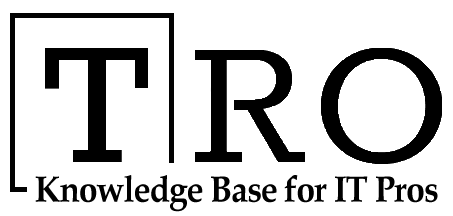Panasonic Lowes Use Of Cobalt And Boosts Energy Density In 2170 Cell For Tesla
Panasonic Corp has developed a new battery technology for its plans to boost the energy density of 2170’ lithium-ion cells 20% in five years. These cells are produced and supplied by Panasonic to Tesla. This change will improve its energy density by 5% while simultaneously reducing costly cobalt content.
This is the first time a leading cell provider – Panasonic is supplying to the world’s top electric vehicle maker – Tesla. They have outlined these targets to put down a marker in a highly competitive which will eventually help them to get ahead of competitors.
On Thursday, the company said that the new 2170 cells with higher-energy dense will produce at Tesla’s factory in Sparks, Nevada by Panasonic. These cells can help increase the distance an EV can run on a single charge. It will also pave a path for smaller batteries and increase the room in car interiors.
Also Read: Daimler And Nvidia Sign A Deal To Develop Software-Based Vehicle OS
The cell provider will upgrade its battery cell lines with production slated which will begin in September. Moreover, the cobalt-free version will cut reliance on a costly component that plays a crucial role in making batteries stable but poses ethical issues.
“We’re about to take another leap forward,” Swan said in a recent interview. “It’s kind of exciting from the Panasonic perspective; we’re driving towards cobalt-free and we’re driving towards higher energy-dense batteries, which gives our customers a choice of how they want to utilize that.”
The new 2170 lithium-ion cells by Panasonic come with the nickel-cobalt-aluminum (NCA) cathode chemistry. It is for Tesla’s Model 3 in 2017. According to researchers, it has the highest energy density above 700 watt-hours per liter. However, Panasonic has declined to link battery with Tesla’s roadmap for future models.
After partnering with South Korea’s LG Chem and China’s CATL, the U.S. firm has recently lost its status as Tesla’s exclusive battery supplier. CATL is supplying Tesla with low-cost lithium iron phosphate (LFP) batteries that contain no cobalt.
The average density of LFP battery cells is less than half the level of Panasonic’s latest NCA batteries, according to Takamoto.

